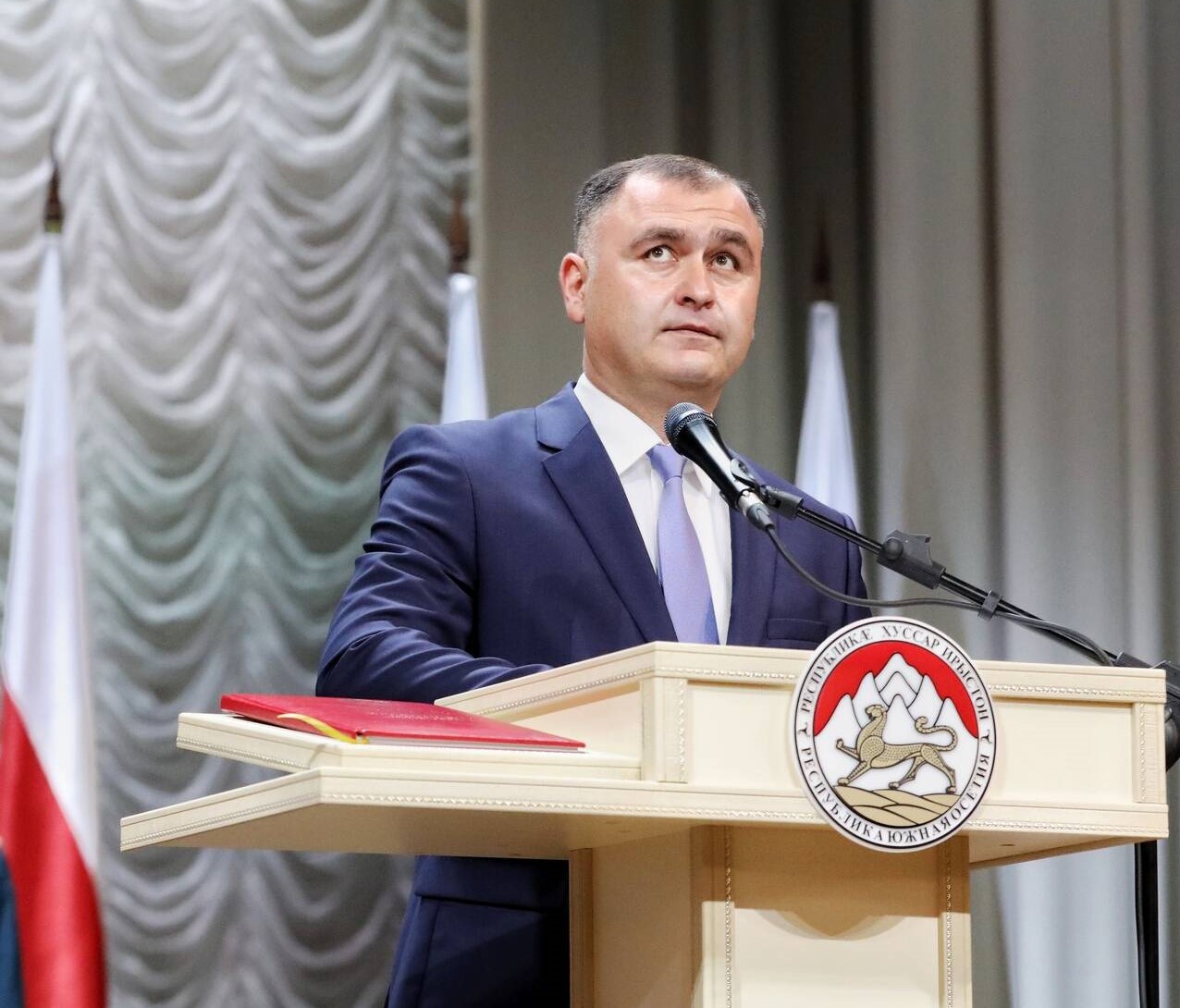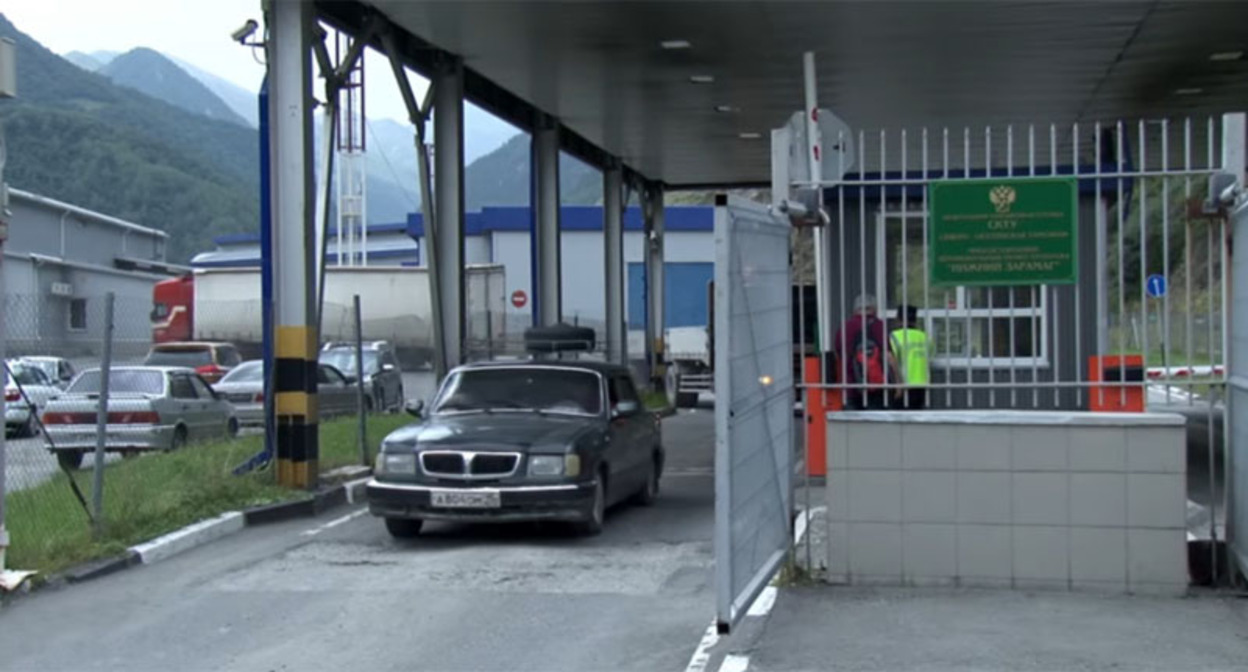"Moscow insists that South Ossetia refrain from provoking Tbilisi" - Opinion
Russia amid Tbilisi and South Ossetia
A columnist for the online publication Echo of the Caucasus, Murat Gukemukhov, reports that South Ossetian authorities have been instructed to avoid causing scandals in Georgia. This directive aims to prevent any interference with the ruling Georgian Dream party’s success in the October 2024 elections and its control over parliament.
Below is a shortened version of the analysis.
Recently, Igor Maslov, the head of the Russian presidential department for interregional and cultural relations with foreign countries, made a two-day visit to South Ossetia. Official reports about the visit were brief, mentioning activities such as “coordinating positions at the beginning of the year” and “making adjustments to the work.”
It was challenging to gather further details as sources possessed only limited information about the negotiations. However, they were sure that one of the topics discussed was the upcoming autumn election campaign for the South Ossetian parliament.
Moscow has reiterated its demand for this campaign several times: it must not result in an internal political crisis. This is a fundamental requirement from Moscow. However, there’s a new aspect this time: the campaign should avoid stirring up scandals in Georgia, where parliamentary elections are scheduled for October.
Hence, Moscow issued a categorical demand: to remove from the election debates in South Ossetia any discussion regarding revising the border with Georgia, holding a referendum on South Ossetia’s annexation to Russia, and similar topics.
And president Gagloev, evidently, has his own stake in this “coordinating positions” process: is Moscow prepared to back him in the forthcoming elections?
The challenges facing Alan Gagloev before the elections, or what Moscow will decide
Budget shortfalls, significant challenges encountered by South Ossetian residents at customs in Russia (in Vladikavkaz), soaring fuel prices, and reductions in state and civil service positions— all of these are certain to be prominent topics in the pre-election rhetoric in South Ossetia, directed at scrutinizing the current administration.
Conversely, the achievements thus far are limited to the construction of a children’s playground and a winter skating rink, both of which were established with the backing of the Nykhas presidential party. Insufficient.
In this regard, a question for the curators in Moscow arises: are they prepared to bolster the position of the incumbent team in South Ossetia ahead of the parliamentary elections, and is this even necessary for them?
Moreover, in their view, how feasible is such a scenario within the timeframe remaining before the elections? It’s worth noting that the election day is scheduled for June 9.
Here, there’s a meeting point between the presidential “Who do you take me for?” and the curatorial “What can you offer?”
In principle, the answer to the first question naturally emerges from the second.
What president Gagloev can offer in the upcoming elections is still unclear. The ruling party “Nykhas” is clearly not poised for triumph, even with the advantage of administrative resources.
To understand this, one needs only to look at the resources invested in party building and the development of a certain ideology over the past two years. Domestic policy has fallen out of the realm of concerns for the presidential administration.
What should the electorate complain about more – staff reductions or customs issues?
Another crucial aspect is that the parliamentary election campaign signals the start of the presidential race. In fact, they effectively kick off simultaneously.
Hence, the curators in Moscow likely want to start figuring out now who would be worth backing in the context of the presidential campaign. The parliamentary elections are akin to qualifying rounds before the presidential “championship” in 2027.
The situation looks grim for Alan Gagloev. Even those sympathetic to him don’t see him as a viable candidate for the presidency. There’s no team to speak of, just as there wasn’t at the start of his presidency. Instead, there are competing small interest groups and a few dreamers longing for a successful republic, but they can hardly be called a team.
People among Alan Gagloev’s supporters shake their heads in private conversations: “We still don’t understand why he became president.”
- Postal workers in South Ossetia: “We survive while the authorities feed us promises”
- In South Ossetia, a monument to Stalin disappears – and one of Putin goes up
- Why are Ossetians affected by the conflict unable to regain Georgian citizenship and their property?
The electoral assets are concentrated in the hands of three political heavyweights: Dzambulat Tedeev, Eduard Kokoyty, and Anatoly Bibilov.
However, all three do not meet the residency requirement criteria. Therefore, they will not participate in the parliamentary elections and cannot run for president. That is, of course, unless the residency requirements are revised by the next parliamentary session.
This is a unique situation where the main players vying to shape the internal agenda in the republic in the near future are located outside South Ossetia, while political figures inside are left on the sidelines like outsiders.
The future of Anatoly Bibilov is clear – he remains the de facto leader of the opposition party “Unified Ossetia.” And approximately five or six parties are vying for the support of Dzambulat Tedeev and Eduard Kokoyty.
What Moscow intends to do in this context remains unclear for now. However, time is of the essence, with the election campaign just around the corner. It’s time to start placing South Ossetian eggs in the curator’s baskets.
Terms, place names, opinions and publication ideas do not necessarily coincide with those of JAMnews or its individual employees. JAMnews reserves the right to remove comments on posts that are deemed offensive, threatening, violent or otherwise ethically unacceptable.




















